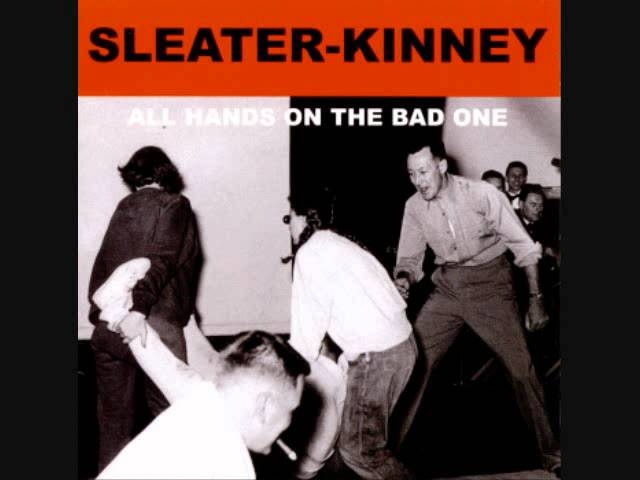"Me Too" merch is a real thing, and a really terrible idea

First it was the “Nasty Woman” stuff. The T-shirts, the jewelry, the phone cases, the cross-stitch samplers, the keychains, the buttons, the tote bags, the patches, the glassware, the baseball caps, and alllllll those knit hats. Then there was the “nevertheless, she persisted” stuff, and the “future is female” stuff, and the Ruth Bader Ginsberg stuff, and the Maxine Waters stuff. All that sent the troubling message that shopping can stand in for political action if the things you buy have the right phrases printed onto them. But the merchandising of the “Me Too” campaign’s recent resurgence (it was created by activist Tarana Burke back in 2006) is especially icky.
Moran Amir, the founder of an online “fine jewelry emporium” called Adornia, is taking heat on Twitter for her company’s “Me Too” necklace, which went from donating 10 percent to 100 percent of its profits to RAINN after Buzzfeed editor Julie Gerstein called bullshit on it online:








































